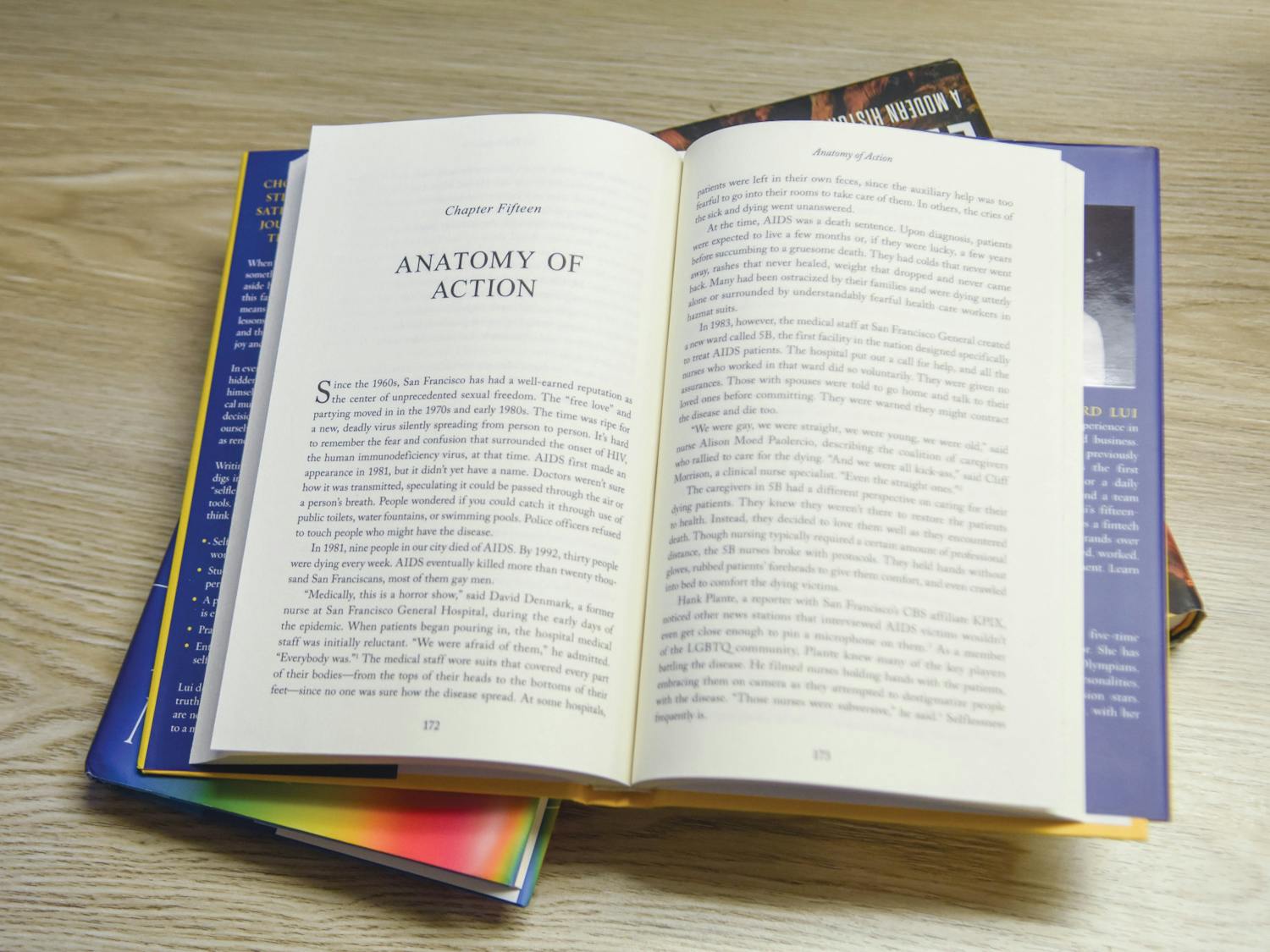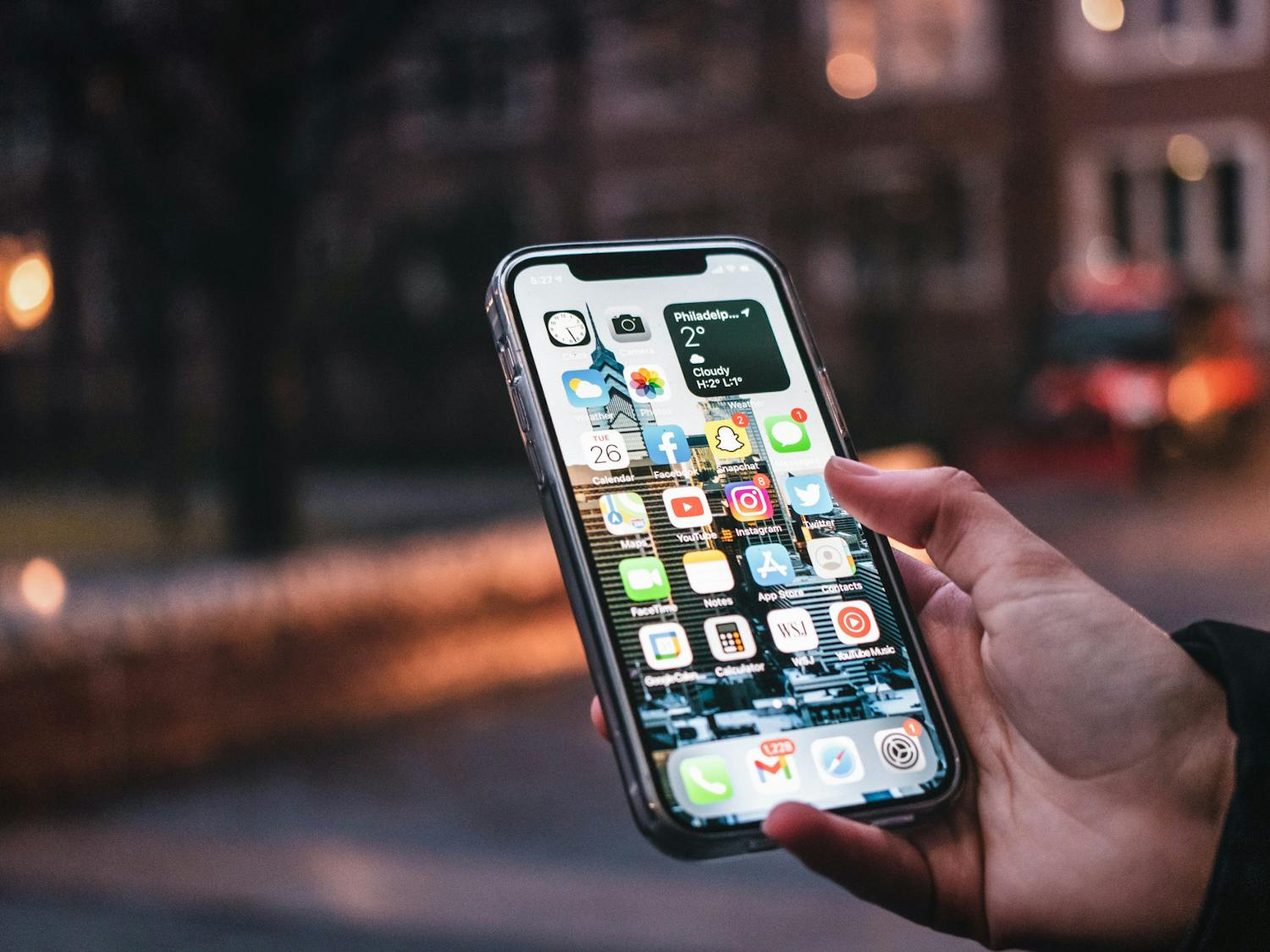The land of opportunity. That's what most people think when America comes to mind. After talking with one of my international friends, I learned that it's not just Americans who think that way. She felt the same way about our nation when she lived in her native Germany. That is, until she arrived here. To her, America seems full of opportunities -- but for only a select group of Americans. My friend -- I'll call her Jessica -- can not understand how people ever tolerated discrimination in America. Her first question to me was, "How can it be that this is America and there is such blatant discrimination based on race? And how, if this is America, can people stand by and not stop it?" Yes -- I was speechless. She made a great point. This is America and there is discrimination. And if you really think about it, it doesn't seem like anything is being done about it. There are many reasons why discrimination continues in America. I am sure nobody will ever agree on every point, but we did come to one conclusion: People are increasingly concerned with the American dream ---making money, buying a house in the suburbs, having an SUV and raising a family. Because of this, Americans have missed the boat on relating to each other. No one ever takes time to stop working on their dream to get to know anyone else. People perpetuate the box of knowledge in which they have grown up and have no desire to understand others. "The people who have been taught prejudice toward other people continue to do it and the people being discriminated against keep taking it," Jessica commented. We also agreed that the inner city is the hardest hit by the injustice of America, and yet they are the least heard. She could not understand why people in inner city communities just did not stop one day and say, "We are not going to take this anymore," and do something about it. Once again, she was right. The inner city is one of the most unfortunate sides of America. I do agree with her, that if everyone who was being discriminated against in America stopped and said "We are going to do something about this," people would have to listen. However, there is one harsh reality of inner city communities that makes this difficult. Most people in the inner city are living paycheck to paycheck, working one or more jobs trying to make ends meet. And if they have children, they are trying to raise their children so they can have more opportunities than their parents. It is difficult to stop life to fight a battle with America. It is a cycle -- the poor become poorer if they stop to say they don't want to be poor any more. I then went on to tell her that this is not a new idea, and that there are people every day who work adamantly to try to level the playing field for all Americans. We just don't hear about them because of the lack of attention they get in the media. This last statement led us into another discussion about the media's manipulative power on America's perception. The media definitely has an impact on what we think and how we think about it, and historically, it hasn't done a good job of portraying people of color in a positive light. Jessica and I ended our conversation by discussing her disappointment about this aspect of American life. She did not expect America to be this way. "In my country, the color of peoples' skin does not matter. We look at people for who they are. If you are an American, you are cool. Our country is so flooded with American culture and lifestyle that we have a certain idea of what America should be. This wasn't my idea." Needless to say, every country is different and every student -- from every nation -- has a different point of view on this issue. This was just one conversation with one person. I enjoyed talking to Jessica because she came up with a simple solution for what she saw to be a simple problem: Discrimination is wrong, people should make it stop. I don't know if we will ever take her advice, but it certainly wouldn't hurt to try.
The Daily Pennsylvanian is an independent, student-run newspaper. Please consider making a donation to support the coverage that shapes the University. Your generosity ensures a future of strong journalism at Penn.
DonateMore Like This
Gladys Smith | You can’t read
By
Gladys Smith
·
23 hours ago
Greta Lynch | Maybe it is that damn phone
By
Greta Lynch
·
2 days ago
Elijah Ramirez | The cost of caring too much
By
Elijah Ramirez
·
Nov. 9, 2025








